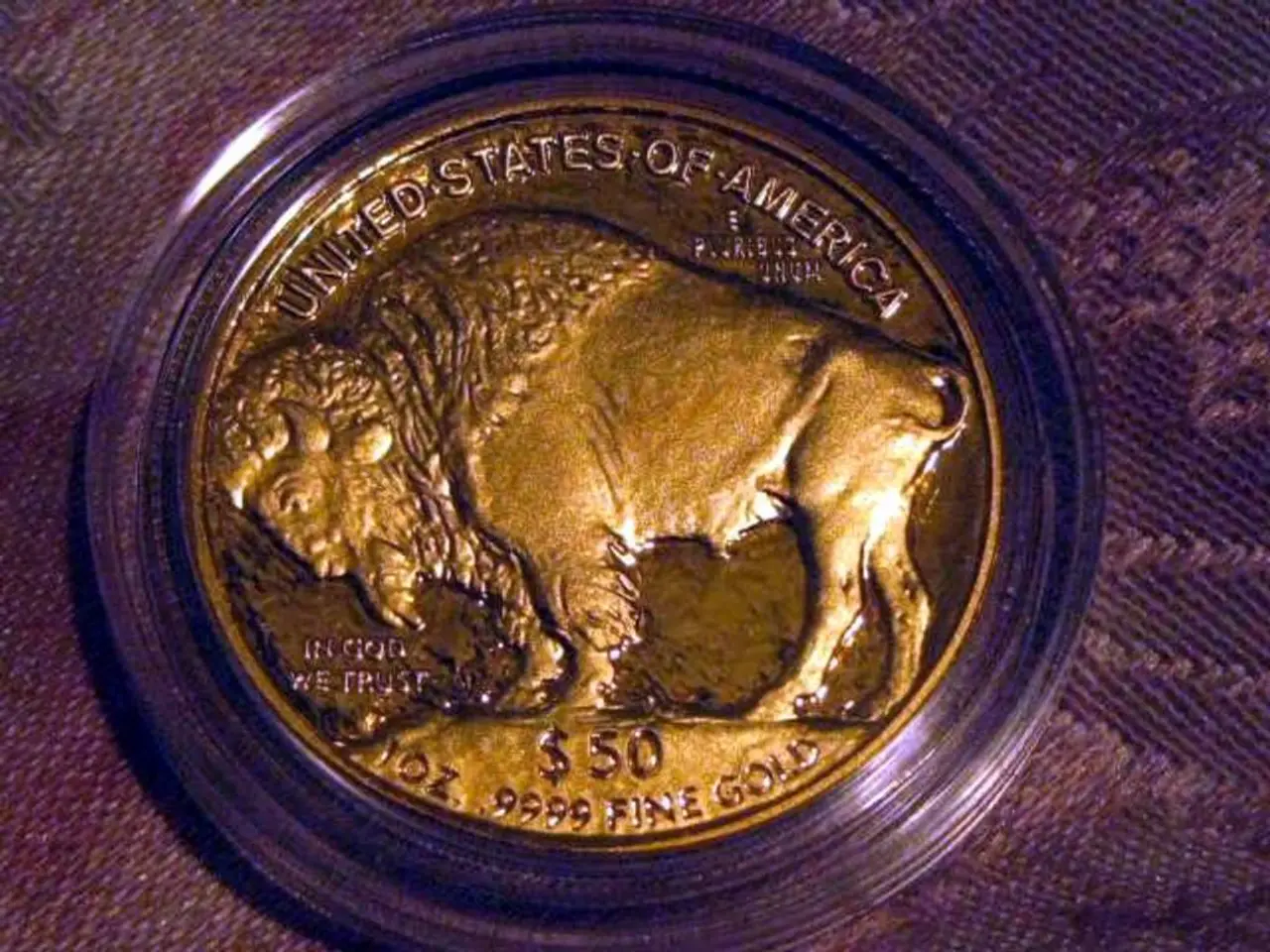Uniswap Discloses Information, US Judge Rejects Claims by Involved Investors in Legal Dispute
In a triumphant move, a US District Judge has tossed out a lawsuit filed against Uniswap, leaving the victim investors disenchanted.
The lawsuit, stemming from losses incurred during a scam, targeted Uniswap after investors bought tokens from the platform's decentralized exchange (DEX) between December 2020 and March 2022. These tokens, it was claimed, were nothing more than a deceitful scheme, causing financially devastating consequences.
Claiming these tokens as securities, victims asserted their rights under federal securities laws, potentially branding Uniswap as a platform for trading securities. This, they argued, entitles them to take action against the DEX.
However, Uniswap vehemently denies this label. The court, in agreement, has declared that Uniswap operates as a decentralized protocol, thus absolving it from responsibility for the scam tokens. In the court filing, the Judge declined to extend federal securities laws to encompass the alleged conduct, concluding that the plaintiffs' concerns are more appropriately addressed to Congress rather than the court.
The founder of Uniswap, Hayden Adams, expressed relief following the dismissal, heralding it as a step forward in recognizing the potential of Decentralized Finance (DeFi) and cryptocurrency.
"I'm overjoyed to see the thoughtfulness some courts have been demonstrating lately regarding DeFi and crypto," Hayden asserted, emphasizing key points from the filing.
Additional Read: Grayscale Wins Court Approval for GBTC ETF Listing
Insights:- The dismissal reaffirms that decentralized platforms may evade liability if they lack control over token issuances or user transactions.- While securities claims remain a risk, this ruling nudges plaintiffs towards consumer protection claims, which lack the procedural protections found in securities litigation.- The SEC's recent decision to dismiss related cases indicates a reluctance to aggressively pursue crypto enforcement, potentially sparing decentralized exchanges from securities litigation if plaintiffs cannot prove direct issuer ties.- The ruling underscores the regulatory challenges faced in applying traditional securities frameworks to decentralized systems, highlighting the need for clear legal standards for blockchain-based platforms.
- The ruling in the Uniswap case, despite the investors' claims that the tokens were securities, has declared that Uniswap operates as a decentralized protocol, absolving it from responsibility.
- In 2022, a lawsuit filed against Uniswap was dismissed, which targeted the platform for allegedly facilitating the sale of fraudulent tokens during a designated period.
- The recent court ruling on Uniswap suggests that decentralized platforms might avoid liability if they don't exert control over token issuances or user transactions.
- The judges' decision not to extend federal securities laws to cover the alleged conduct in the Uniswap case indicates a preference for addressing such concerns with consumer protection claims instead.
- Following the dismissal of the lawsuit against Uniswap, Hayden Adams, the platform's founder, expressed relief, viewing it as a step forward in the recognition of the potential of Decentralized Finance (DeFi) and cryptocurrency.




